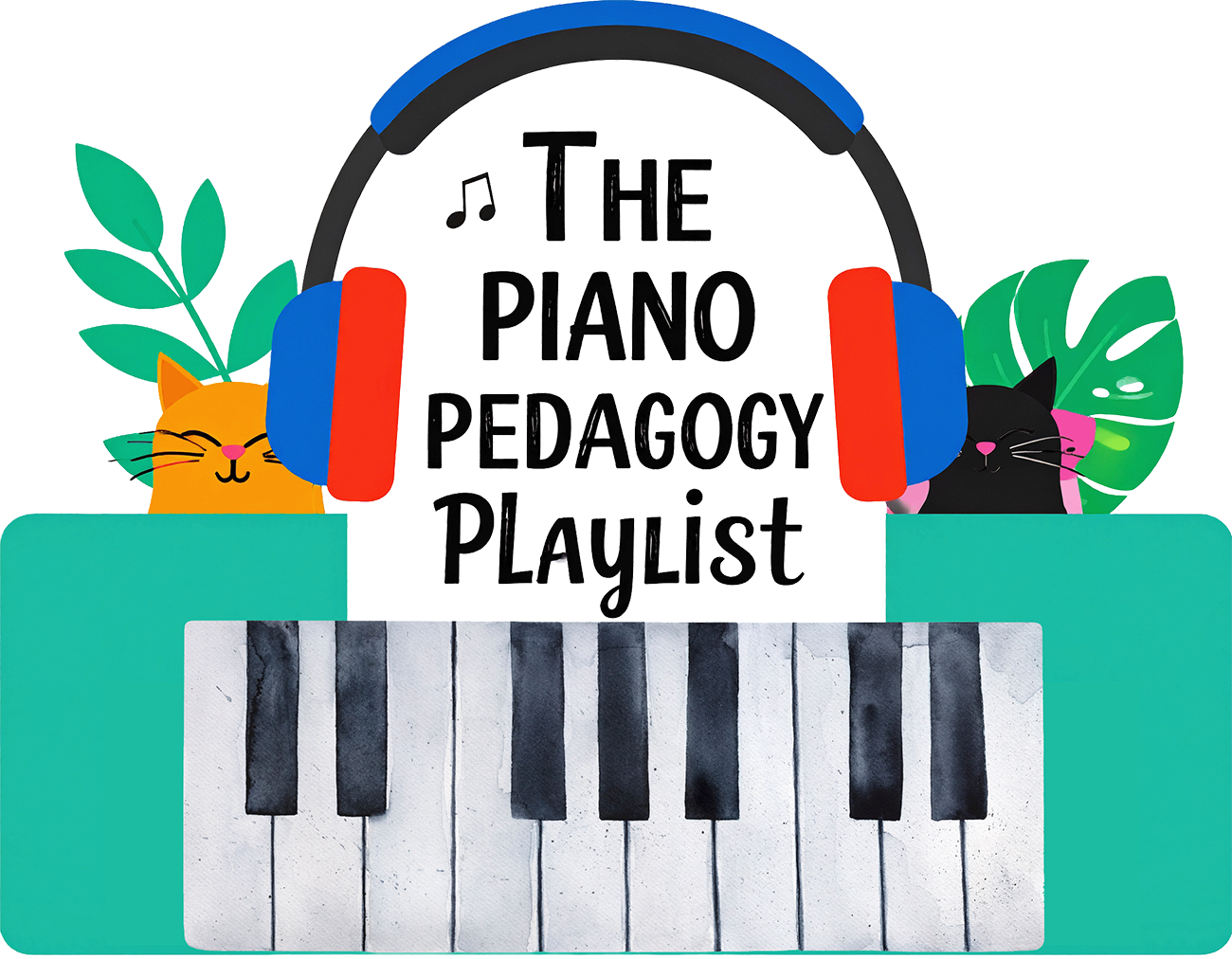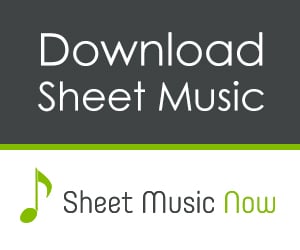
🍂 🍁 Fall is in the air, and this week’s episode is all about piano music that captures the colors and moods of the season. I’m featuring three pieces by Canadian composer Rebekah Maxner, whose music is a favorite among piano students and teachers alike. You’ll hear the calm reflection of “Autumn Afternoon,” the simple beauty of “Orange Sunset,” and the jazzy mischief of “Midnight Mind Game.” It’s a short, cozy celebration of autumn through the piano.
– Transcript –
It’s full-on pumpkin spice season here in the Midwest. Just about all the kids are back in school or off to university. The weather is still pleasant, and we’re all settling back into a comfortable, familiar routine.
Autumn has always been a contemplative season for me. A time to take stock, count my blessings. I’ve chosen two thoughtful and colorful portraits to play today.
One for late intermediate students, and the other for late elementary level students. And since at the time of this recording, there are only 47 practice days until Halloween, I’m including a jazzy Halloween show piece to conclude. All three pieces are the work of Canadian composer Rebekah Maxner, an active teacher, clinician, and composer who won her first composition competition at the age of 12.
From reading some of her articles in her blog, I can tell she cares deeply about music and about children. I’m excited to play her pieces for you today. My name is Luke Bartolomeo, and this is the Piano Pedagogy Playlist.
Each Monday, I share some of my recent discoveries, or sometimes old favorites, from the piano teaching repertoire of pieces written by living composers. Our first piece today is entitled Autumn Afternoon. It’s a warm, reflective waltz that could serve as the soundtrack as you watch the first leaves of the season drift gently to the ground.Autumn Afternoon
Just delicious. That was Rebekah Maxner’s Autumn Afternoon. While there aren’t any particular technical challenges to overcome in this piece, it does require a certain musical maturity to do it justice.I think I designed this piece to a student who was a bit beyond this level from a technical standpoint so that it would just allow them to focus on maximizing the color and the sentiment. For our second piece, we have a short impressionistic gem that gives late elementary students this same opportunity to paint with sound, so to speak. Again, this is a piece for developing imagination and deep listening, and an appreciation for the many colors that the piano can produce.
This is Orange Sunset.
Orange Sunset
I remember a teacher once saying to me, there is nothing more difficult at the piano than playing a simple unaccompanied melodic line. In the hands of the right student, I could see Orange Sunset completely captivating a recital audience for all of its brief 60 seconds in length. For our final piece, we’re gonna change gears completely.There exists in the piano teaching repertoire a genre that I think of as the spooky, jazzy Halloween piece. So many of them sound so similar. And I thought I was getting another one of these, as I sight read through the first few measures of Midnight Mind Game.
Great title, by the way. So when this piece starts out, it feels very familiar. Minor key, syncopation, swing eighth notes.
And by the way, the swing eighth notes aren’t actually indicated in the score, but swing rhythm is referred to on the composer’s notes on the cover page. So anyway, we think we know what we’re getting into, but very quickly the texture thickens and the harmonic vocabulary grows. And we erupt into this boogie woogie finale that would bring down the house.
Midnight Mind Game
That was Midnight Mind Game. And for me, the real mind game is how the beginning of that piece sets a rather timid expectation of what’s to come, and then completely blows that expectation out of the water by the time we get to the last page. Three pieces today with autumnal connections, all composed by Rebekah Maxner.Ms. Maxner’s website is full of useful and free principles. Informative blog articles and, of course, her many compositions written for students of all ability levels. All three of the pieces today are available for purchase individually, and they automatically come with a studio license, so you can use them with as many students as you like within your own teaching studio.
You’ll find links in the description, or check out pianopedagogyplaylist.com and search for episode 7. And, just like that, it’s time to close the lid on this week’s episode of the Piano Pedagogy Playlist. I’d like to end with a quote from one of Ms. Maxner’s blog articles, where she’s discussing how becoming a parent herself changed her approach to teaching.
She says, Piano students are children, not just piano students, children. Not future piano teachers, not future performers, not future professional musicians, children. Today.How lovely. And what a profound opportunity we have to help them develop, not just musically, but into curious, creative, compassionate human beings. I’ll look forward to seeing you again next Monday when I’ll share some more of what I think is the best in today’s piano repertoire for our students.
Keep nurturing the music and have a great week.




Leave a Reply